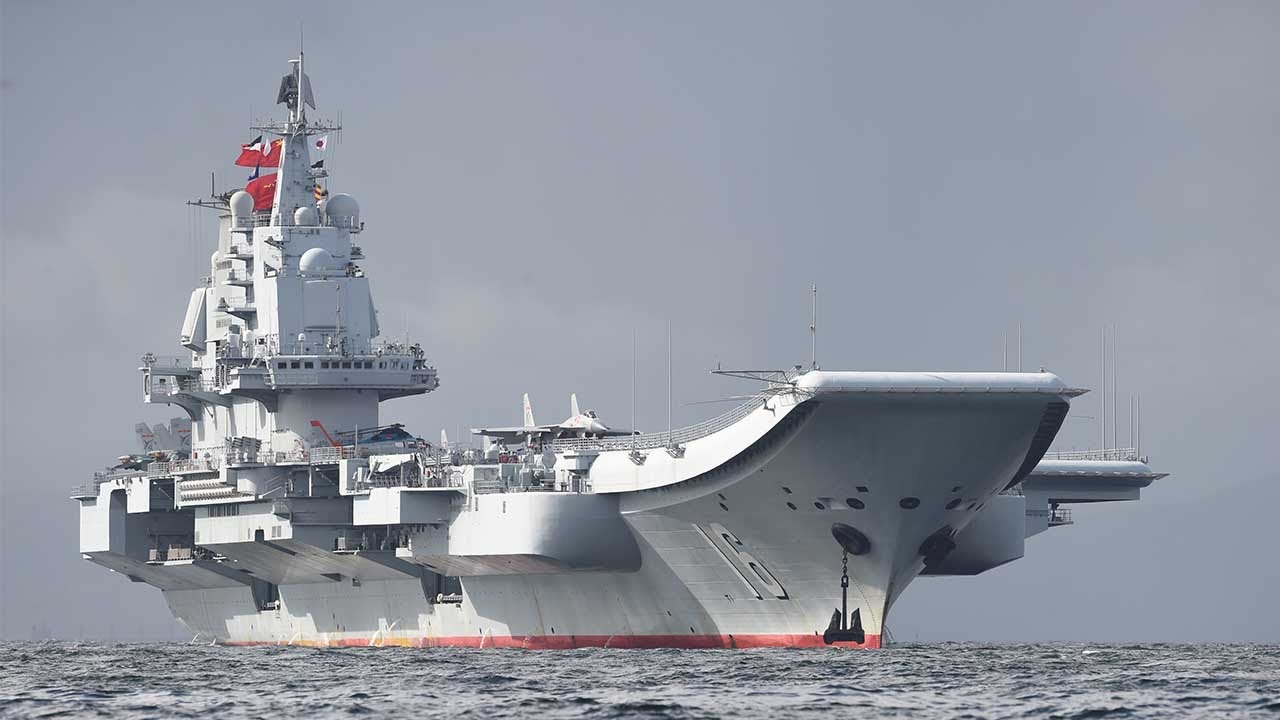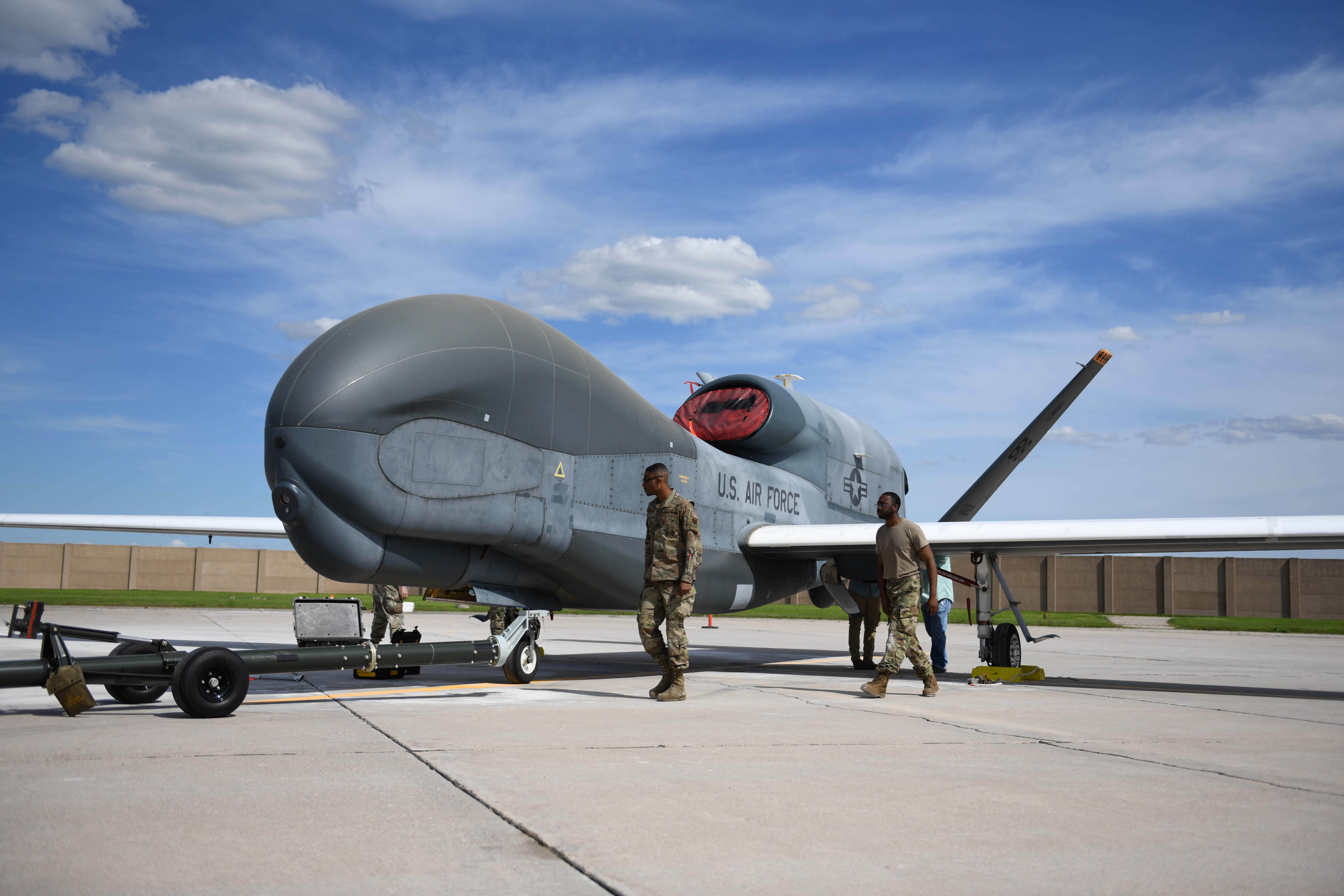Vermont-based Beta Technologies has announced plans to add a second electric aircraft to its fleet — a fixed-wing CX300 eCTOL that the company intends to design and test in parallel with its Alia-250 eVTOL aircraft.

“We have been flying our eCTOL prototype airport-to-airport for a few years now to drive technological advancements in propulsion and systems,” said Kyle Clark, founder and CEO of Beta. “Now we’re seeing that there is a clear market for this product in addition to our eVTOL aircraft.”
Beta officially applied for type certification of the CX300 with the Federal Aviation Administration (FAA) under Part 23 last year, believing that this certification and operational path will allow the company “to get electric aviation into the market and into the hands of our customers as quickly as possible.”
With the FAA’s decision last spring to change how winged eVTOL aircraft would be certified, eVTOL developers like Beta are waiting on the aviation authority to finalize special federal aviation regulations (SFARS) for operations and pilot training — expected to be ready sometime in 2024.
The decision has left eVTOL certification timelines in the hands of FAA rulemakers, but “with the eCTOL aircraft launch, we have further de-risked our path to commercialization and concurrently, provided lower cost, more utility and optionality to operators,” Clark said. The company is targeting 2025 for certification and delivery of the CX300 aircraft.

The eCTOL design will closely mirror that of the eVTOL design, with its overhead lifting propellers removed, “allowing us to economize validation of our high-performance solutions,” Clark said. The airframe, batteries, propulsion and systems used in the CX300 will be common to the Alia-250, which is already advancing through the certification process.
The newly announced aircraft has garnered interest from new and existing customers for medical transport, cargo delivery, and future passenger services. This includes Air New Zealand, which intends to order three eCTOLs with an option for 20 more.
Meanwhile, United Therapeutics said it plans to order an undisclosed number of eCTOL aircraft that will be used to transport human organs and medical equipment, and Bristow Group has placed a deposit-backed order for up to 50 eCTOL aircraft, in addition to its existing order of up to 60 eVTOLs.
“As a continuation of our original partnership with Beta on their Alia-250 eVTOL, the CX300 gives us additional capability to introduce electric and sustainable aviation to our customer base around the world,” said Dave Stepanek, Bristow’s executive vice president and chief transformation officer. “We see many opportunities to supply logistics and personnel transport with CX300 once the aircraft is certified.”

Beta’s plans to produce and certify its CX300 comes after more than two years of flight testing using its Alia-250 in eCTOL mode. The aircraft flew more than 22,000 miles (35,400 kilometers) and completed a milestone cross-country flight last summer, covering a round trip of 2,000 nautical miles (3,700 km) from Plattsburgh, New York, to Bentonville, Arkansas, with stops along the way to recharge on its own infrastructure.
The inaugural flight was followed by a second multi-mission flight from New York to Kentucky, this time covering a total of 1,300 nautical miles (1,400 km). In addition, Beta also set a new distance record, clocking 386 mi (621 km) while flying from Jamestown to Plattsburgh, New York, and completed qualitative evaluation flights with the FAA, Air Force and Army test pilots.
Meanwhile, Beta’s second test article configured in VTOL mode continues to carry out hover tests, achieving its first hover in 2020. “We continue to progress our Alia eVTOL design through certification, in harmony with the eCTOL program,” Clark said.
Beta said it is in the final stages of constructing its production and manufacturing facility in South Burlington, Vermont, with the aim to begin building aircraft this summer.





